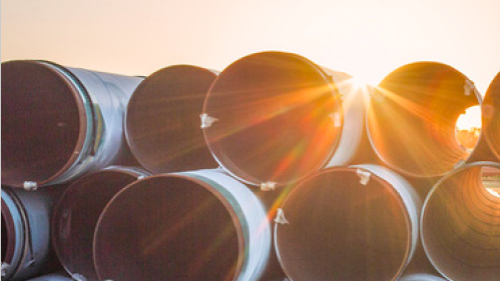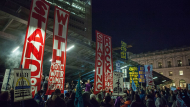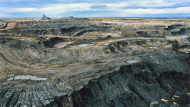Banks warned of tar sands pipelines investment risks in new report
Charlie Kronick, Greenpeace UK Senior Programme Advisor, Greenpeace UK, +44 (0)7801 212963

Charlie Kronick, Greenpeace UK Senior Programme Advisor, Greenpeace UK, +44 (0)7801 212963
-
Lack of Free, Prior and Informed Consent (FPIC) from all Indigenous communities impacted by the pipelines. On-the-ground resistance is already unfolding along the routes of the Kinder Morgan and Line 3 pipeline expansions. JPMorgan Chase’s human rights policy states that the bank expects its clients to align with FPIC requirements, raising questions about its pipeline lending.
-
Negative environmental impacts, including the contamination of drinking water from leaks. The companies proposing to build the three new tar sands pipelines have seen one spill a week, on average, in the U.S. since 2010. New pipelines threaten thousands of watercourses, aquifers and bodies of water with spills. Kinder Morgan’s Trans Mountain Expansion goes through a UNESCO World Heritage site, Jasper National Park, which appears to contravene TD’s policy of not financing projects that operate in such sites.
-
Tar sands pipelines’ economic success is dependent on tar sands expansion. Low oil prices and structural changes in oil demand, including Asian and European markets’ shift away from fossil fuel vehicles, raise questions about the long-term viability of the tar sands, and pipelines dependent on their expansion.
-
Short-term lending decisions undermine bank and investor action on climate. The three proposed pipelines could add almost 2 million barrels per day in pipeline capacity. Facilitating the expansion of the tar sands and enabling decades-long carbon-lock in risks fatally undermining Barclays’ plans to develop a sustainable approach for its global energy client portfolio, JPMorgan Chase’s policies, which recognize the goals of the Paris Agreement, and as TD’s work with the UN to better assess and disclose climate risks and opportunities..
Download the Greenpeace and Oil Change International Report here: https://www.greenpeace.org.uk/InThePipeline.




